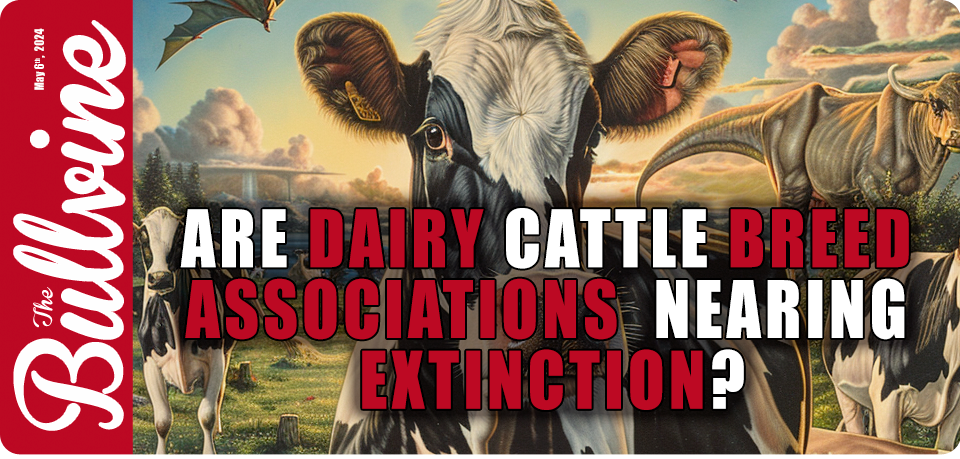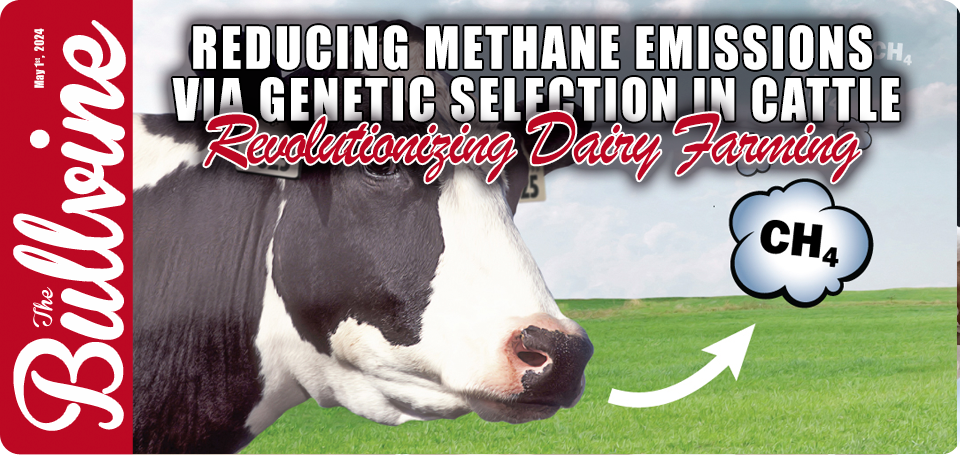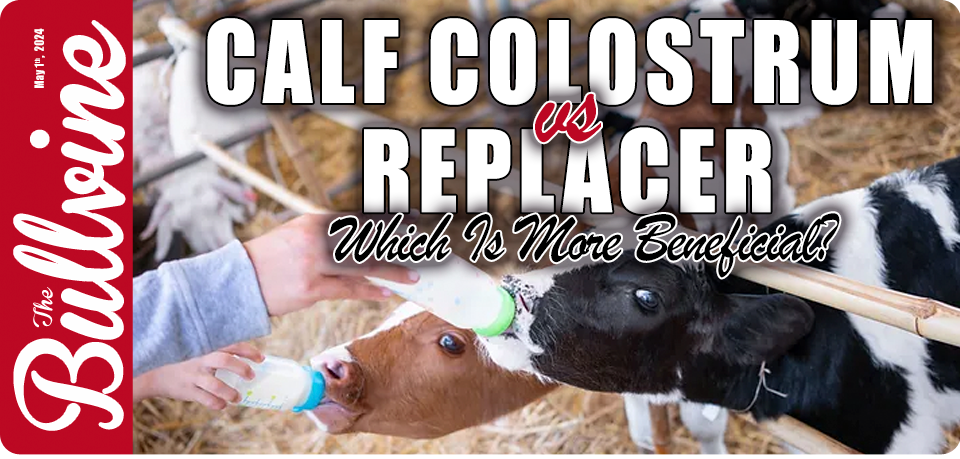Food-tech start-ups are using precision fermentation technologies to create an alternative to cow’s milk, a product that is not widely known due to conservative consumer attitudes. The synthetic milk industry, which is still in its research and development phase, is expected to revolutionize the global dairy industry by creating at least 700,000 jobs by 2030. However, the future of this segment remains uncertain as conservative consumers are unlikely to quickly embrace synthetic products.
One example of a start-up working in this field is US-based company Perfect Day, which aims to showcase products indistinguishable from cow’s milk with the same taste, appearance, mouthfeel, and nutritional value. The milk obtained through precision fermentation, also known as’synthetic milk’, is environmentally friendly and has the potential to reduce methane and carbon emissions, water pollution, land use, and animal welfare concerns.
However, the National Milk Producers Federation has called on the US Food and Drug Administration to crack down on the emerging segment, prohibiting start-ups like Perfect Day from using’milk’ to describe their products. US farmers argue that calling products obtained through precision fermentation milk is technically incorrect and that the novel products should be labeled in a way that demonstrates their synthetic nature.
Regulatory issues may delay but are unlikely to prevent the expansion of the synthetic milk segment. If synthetic milk does not compromise on consumers’ desire for a fair price, similar taste, and texture, it will easily fit within current food systems.
Conservatism persists in non-EU markets, as the Italian government banned the sale of lab-grown meat in November 2023, sending a clear signal that livestock products derived from certain production processes are not wanted in the country. In Russia, regulations for greenhouse gas emissions are being put in place, but livestock farming has so far been excluded.
As precision fermentation technologies become more advanced, synthetic milk is expected to become more affordable over time. Australia-based All G Foods has plans to make its synthetic milk cheaper than cow’s milk in the short term, offering another pathway to increase sustainable food production.






